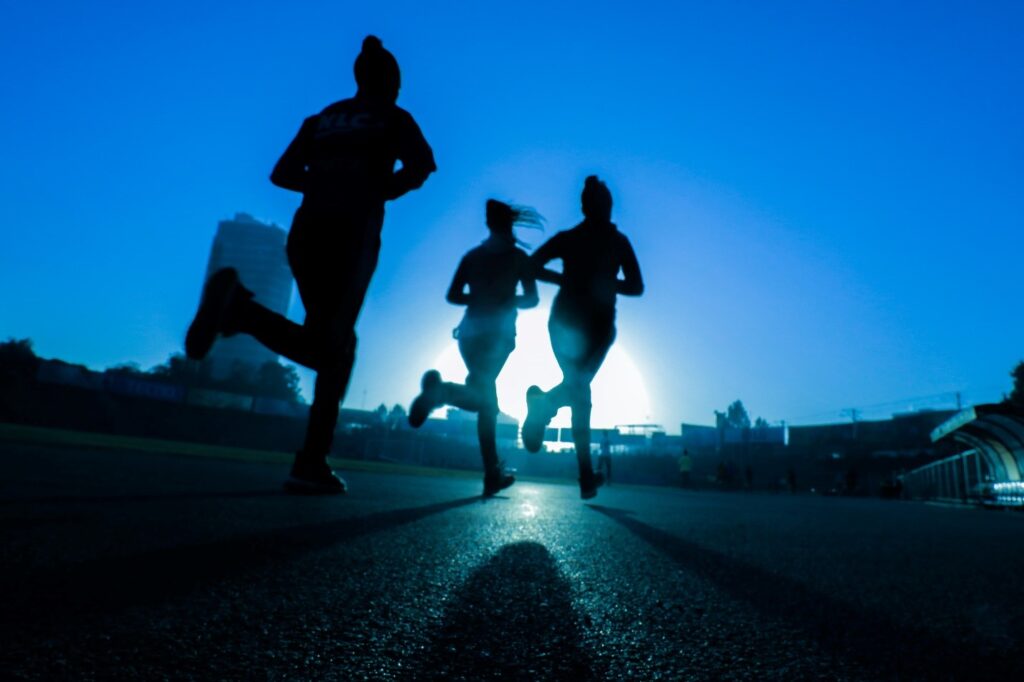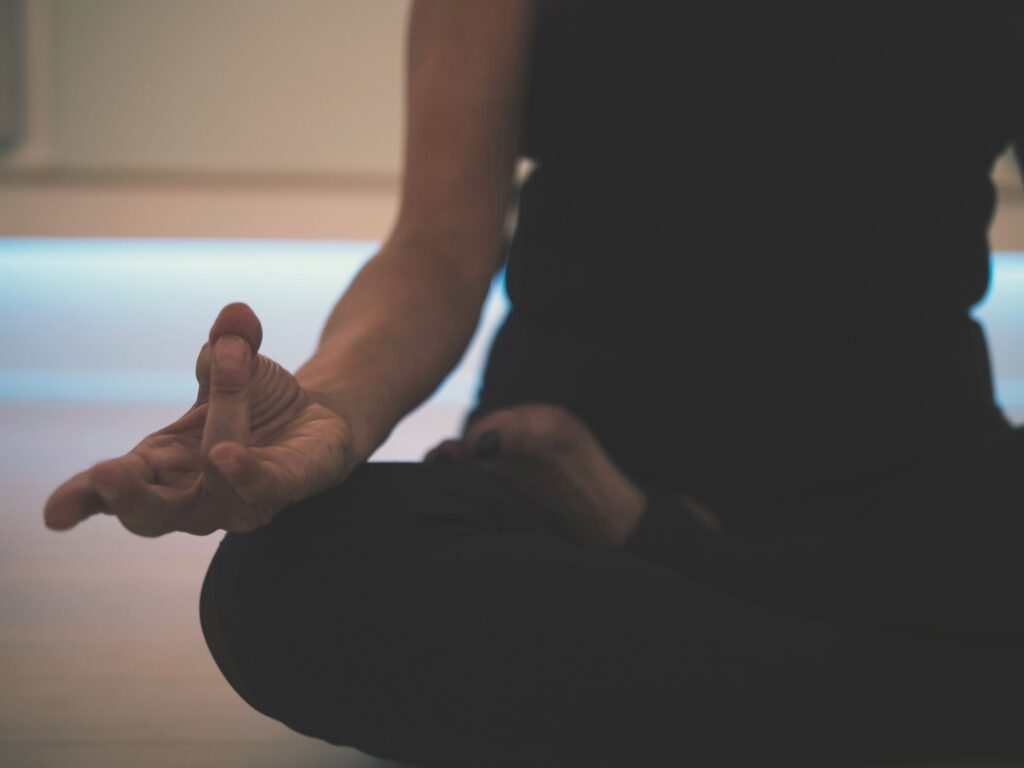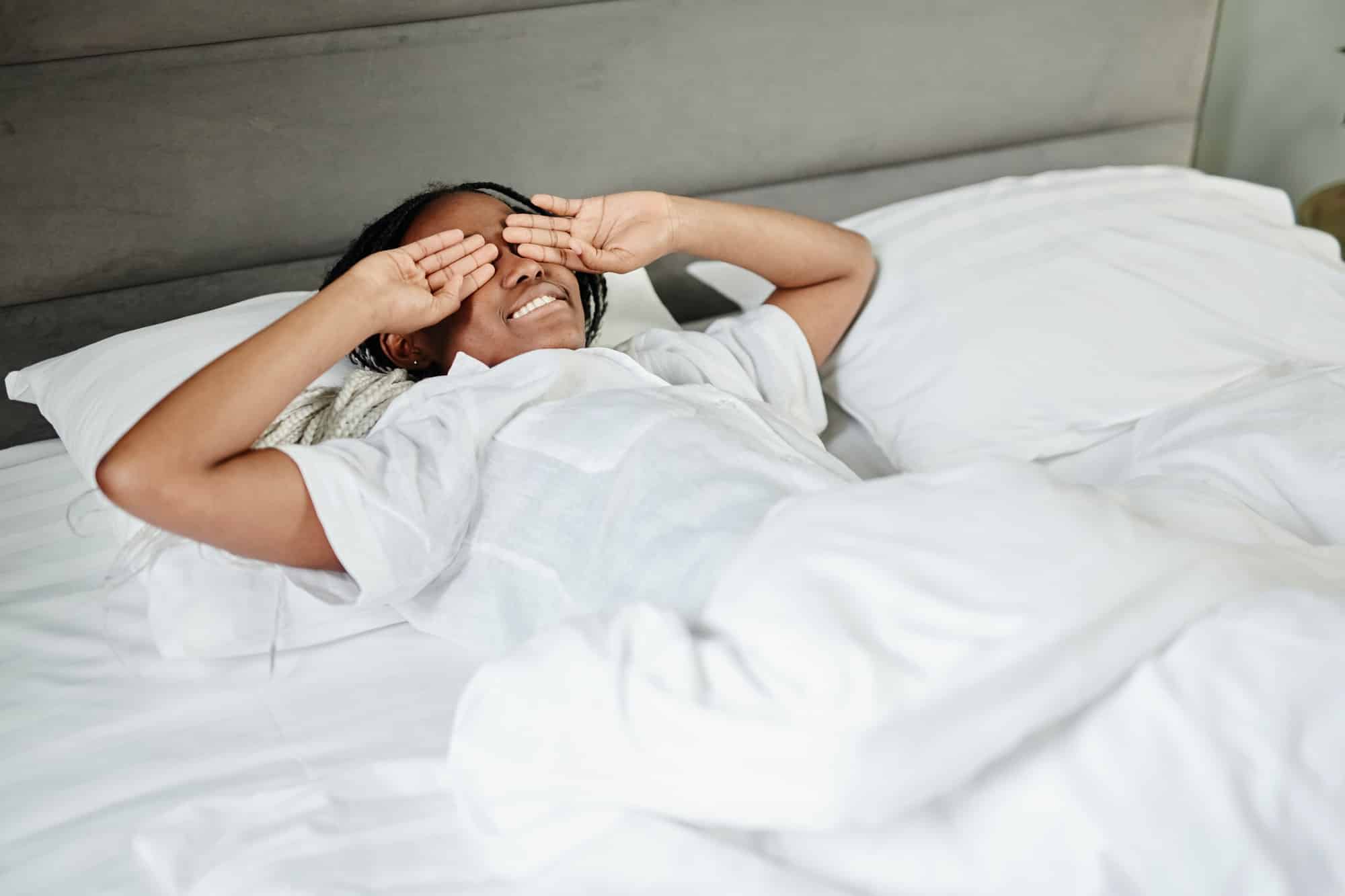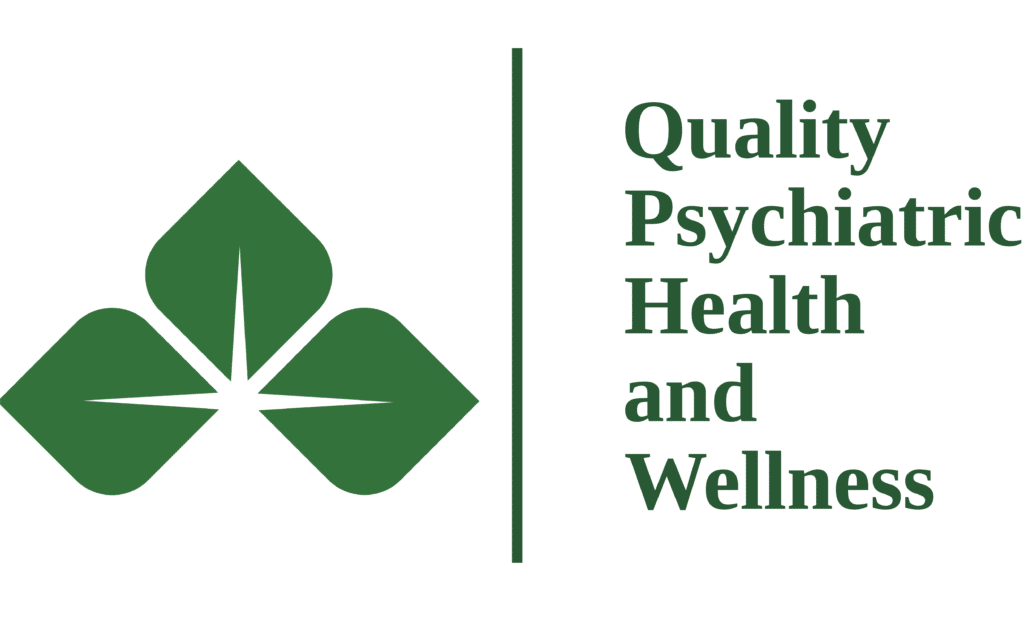You have to get up early in the morning, but you can’t sleep for some reason. You’re sleeping on a comfortable bed. You’ve turned off all the lights in the room and taken care of anything that may disrupt your sleep. Still, you watch the clock as hours pass by, and you’re wide awake.
If this situation sounds familiar, then you’re not the only one. According to research, insomnia is one of the most common sleep disorders. Contrary to popular belief, insomnia isn’t just about not getting enough sleep. It refers to several sleep-related problems, including:
- Waking up in the middle of the night
- Unable to fall asleep during the night
- Waking up after every few minutes
Luckily, you can take a few steps to cure it without taking any medication for insomnia. But do remember that they only work depending on what’s causing insomnia. If your insomnia symptoms persist even after it feels like you’ve tried everything, then you’d benefit by reaching out to professionals.
Follow A Routine
The first thing you need to do is establish a routine of waking up and going to sleep at the same time every day.
Once your body gets familiar with the practice, you will start feeling sleepy a few minutes before you usually go to sleep. To ensure the best results, we recommend following the routine during weekends and holidays as well.
Be Physically Active
Another excellent way to prevent insomnia is to be physically active during the day. When you do that, by the time you’re about to sleep, you’ll feel tired and fall asleep quickly.
But don’t exercise right before going to bed. Otherwise, you’re only going to find falling asleep more challenging.

Don’t Drink Caffeinated Drinks
While it’s OK to drink caffeinated drinks throughout the day, stop consuming them a few hours before you go to bed. The effect of caffeine is known to stay for more than a few hours.
You’ll feel active and alert throughout the time. As a result, it’ll be difficult for you to fall asleep. That’s why you shouldn’t drink high caffeine drinks if you have 3-4 hours left before you go to sleep.
Put on Some Light Music
Listening to music while falling asleep has many benefits associated with it. One of the primary ones is that it helps improves the quality of your sleep.
Make sure to pick calming and soothing sounds. Also, don’t let it run throughout the night. Turn it off just when you’re about to sleep.

Practice Yoga
Apart from battling depression disorders, yoga is a powerful tool to fight neurological sleep disorders as well. Since yoga teaches your mind to be still, practicing it before going to sleep proves very beneficial.
Therefore, you should make it a habit to perform it for at least 20 minutes few times a week if you have insomnia.

Sleep in A Peaceful Environment
The lighting, temperature, noise – adjusting all of these factors play a crucial role in determining a good night’s sleep.
For instance, some people prefer sleeping with the lights on while others prefer complete darkness. Choose a setting that makes it easier for you to fall asleep.
Take Power Naps During the Day
People who take naps during the day may suffer insomnia. That’s all the more reason for you not to sleep during the day.
And if you think that you can’t function properly during the day, try taking power naps, lasting anywhere from 10 to 20 minutes. In this way, you’ll be able to go on about your day without having to compromise on a good night’s sleep.
The Bottom Line
If following the above insomnia treatment methods doesn’t work for you, then it’s time you should reach out to mental health professionals at Quality Psychiatric Health and Wellness.
Dr. Ndubaku listens to you in great detail regarding your condition. No matter whether you’re suffering from mental depression disorders or sleep disorders, take the first step towards a miraculous journey.


